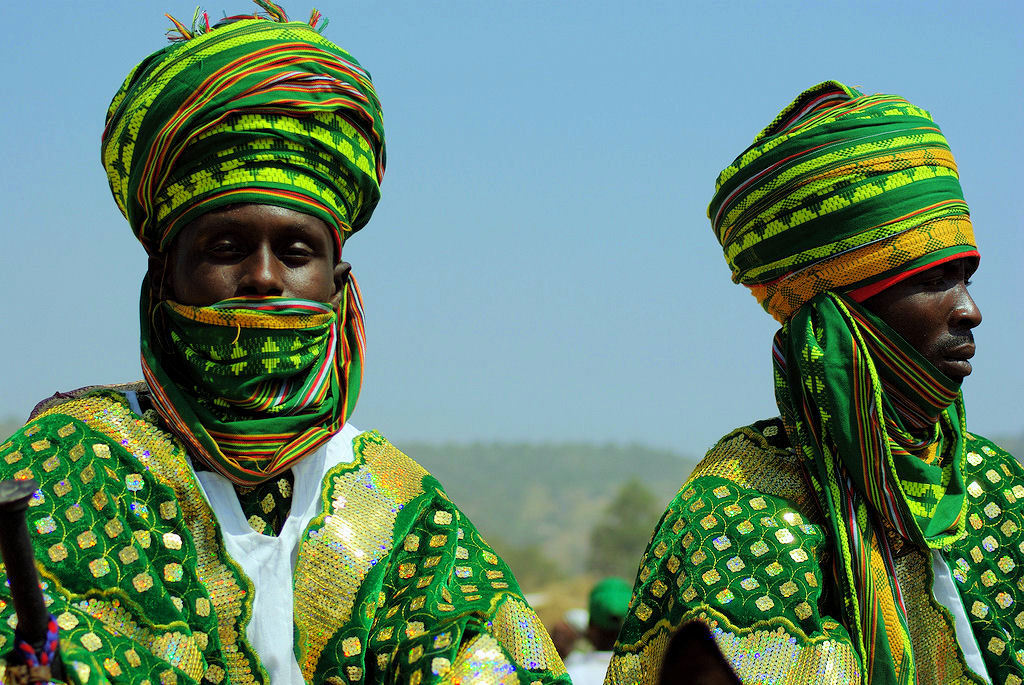Nigeria, a land of rich cultural diversity, boasts a fascinating history that is deeply intertwined with the existence of its indigenous tribes. Among these tribes, several have stood the test of time, preserving their unique customs, languages, and ways of life for millennia. In this article, we delve into the ancient tribes of Nigeria, tracing their roots and highlighting their enduring significance.
1. The Kanuri Tribe:
One of Nigeria’s oldest tribes, the Kanuri people have a storied history that dates back over a thousand years. Their heartland is centered around the Lake Chad basin, where they have thrived for centuries. The Kanuri are known for their intricate art, advanced political systems, and a rich cultural heritage that remains a vital part of Nigeria’s tapestry.
2. The Hausa Tribe:
With a history spanning more than a millennium, the Hausa tribe is one of West Africa’s largest ethnic groups. The Hausa people have left an indelible mark on Nigeria, particularly in the northern regions. Renowned for their trade, linguistic influence, and vibrant festivals, the Hausa culture continues to play a pivotal role in shaping Nigeria’s identity.
3. The Yoruba Tribe:
The Yoruba tribe’s origins can be traced back to ancient city-states like Ife and Oyo. With a history dating back over 1,000 years, the Yoruba people have maintained a complex society characterized by advanced artistry, religion, and governance systems. Their cultural practices, including the famous Ifa divination, remain integral to Yoruba identity.

4. The Igbo Tribe:
The Igbo people have occupied southeastern Nigeria for centuries, cultivating a distinct society and rich heritage that can be traced back over a millennium. Known for their vibrant masquerades, artistic achievements, and democratic traditions, the Igbo tribe has left an indelible mark on Nigeria’s cultural landscape.

5. The Fulani Tribe:
The Fulani, also known as Fula or Fulbe, have a history that spans several centuries in Nigeria. Originating from the Senegambia region, the Fulani people migrated and settled across West Africa, including Nigeria. Renowned for their nomadic pastoralism and intricate jewelry, the Fulani have significantly contributed to Nigeria’s diversity.
Preservation of Heritage:
These ancient tribes have managed to preserve their cultural heritage through generations of oral traditions, artistic expressions, and community practices. Despite the challenges of modernization, urbanization, and globalization, these tribes have demonstrated resilience in safeguarding their unique identities.
Conclusion:
As we explore the history of Nigeria’s ancient tribes, we gain a deeper appreciation for the diverse tapestry of cultures that have flourished for millennia. The Kanuri, Hausa, Yoruba, Igbo, and Fulani tribes stand as a testament to the enduring spirit of Nigerian heritage. Their customs, languages, and traditions continue to shape the nation’s identity, reminding us of the importance of preserving and celebrating our roots.



